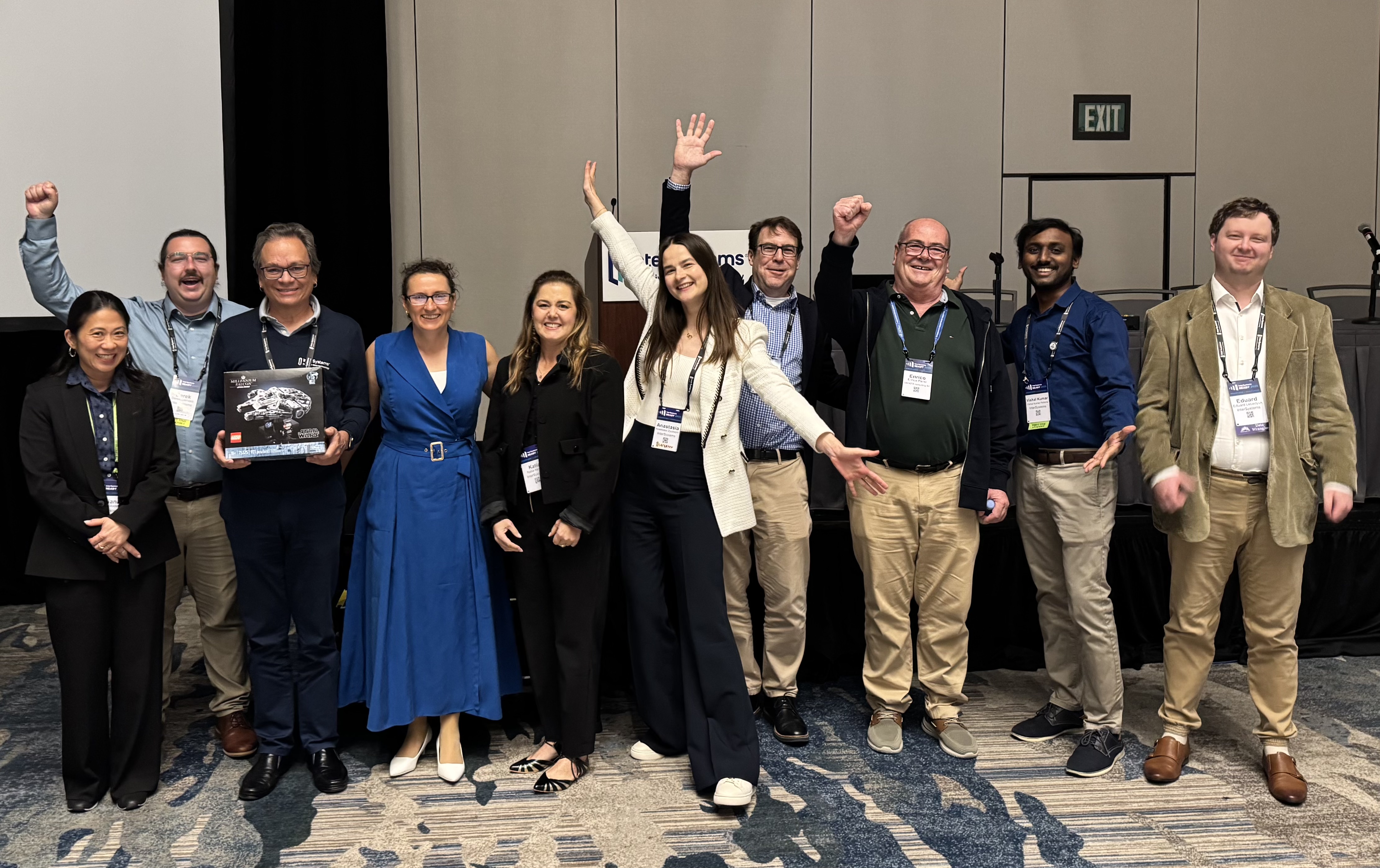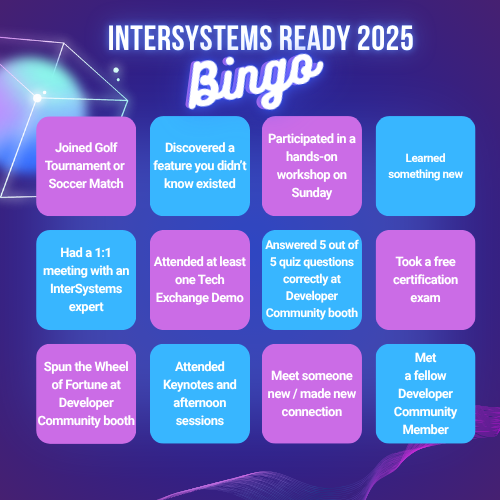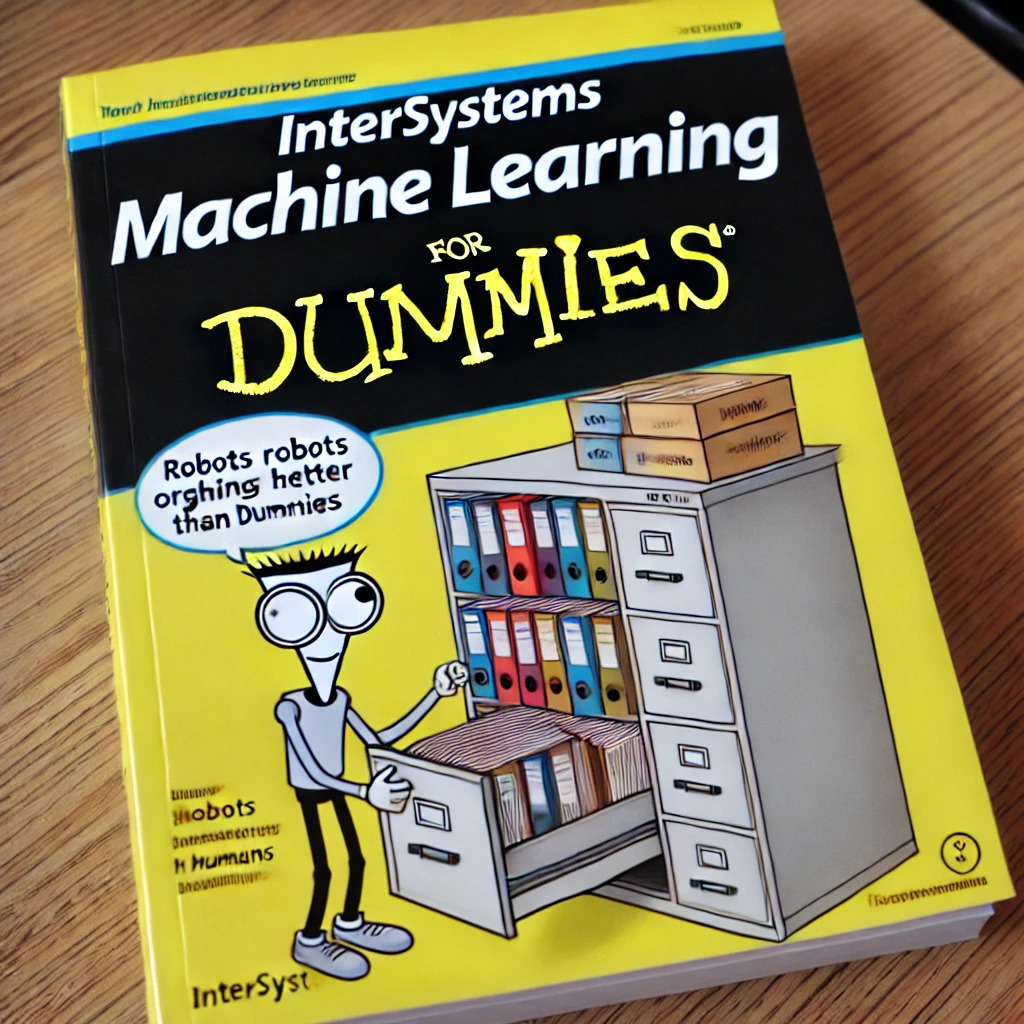Hello Community,
We're thrilled to invite all our Developer Community members (both InterSystems employees and not) to participate in our next contest!
💡 The 4th InterSystems Ideas Contest 💡
We're looking for your innovative ideas to enhance InterSystems IRIS and related products and services. We encourage suggestions based on real-life use cases, highlighting the tangible benefits your idea will bring to other users and how it will enhance developers' experiences with InterSystems technology.
📅 Duration: June 9 - July 20, 2025
🏆 Prizes for the best ideas and a random draw!
🎁 Gifts for everyone: A special gift will be given to each author whose idea is accepted in the contest.
.png)
>> SUBMIT AN IDEA <<



(2).jpg)


.png)



.jpg)